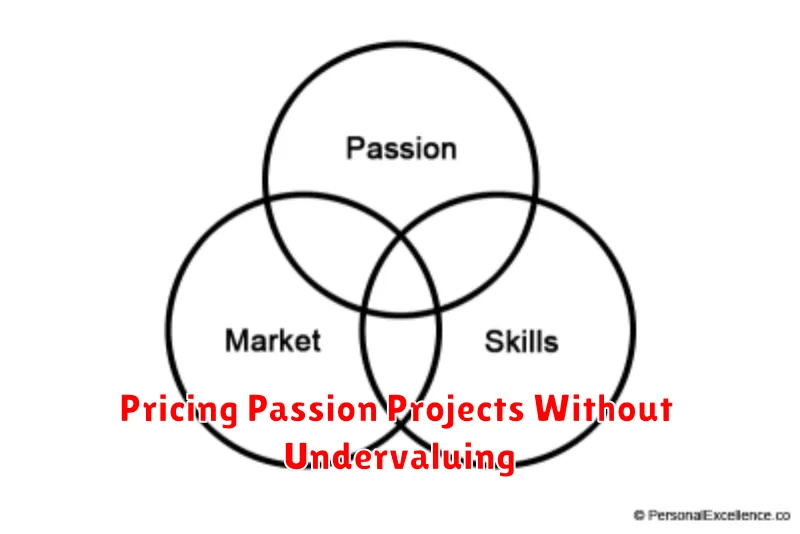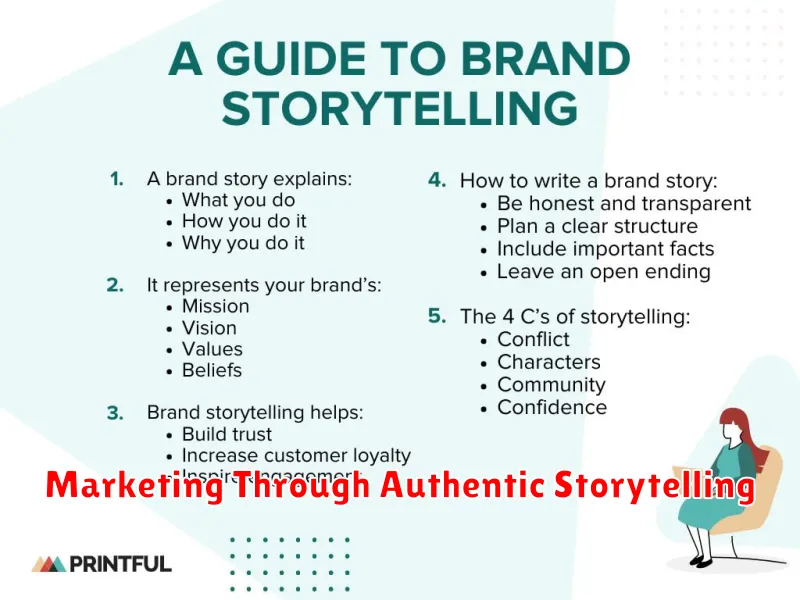Turning your passion into a profitable business can be incredibly rewarding. This comprehensive guide will walk you through the essential steps of transforming your hobby or passion into a sustainable and successful enterprise. Learn how to identify a viable business idea, create a solid business plan, market your products or services effectively, and manage your finances wisely. Discover strategies for overcoming common challenges and building a thriving business around what you love.
Finding a Market Fit for Your Passion

Turning your passion into a profitable business requires more than just enthusiasm; it necessitates a market fit. This means identifying a genuine demand for your product or service within a specific target audience.
Start by thoroughly researching your niche. Analyze competitors, understand their strengths and weaknesses, and identify any gaps in the market you could fill. Consider using tools like keyword research to understand what people are actively searching for related to your passion.
Validate your idea by engaging with your potential customers. Conduct surveys, interviews, or focus groups to gauge interest and gather feedback. This will help you refine your offering and ensure it resonates with your target market. Pre-selling your product or offering a minimum viable product (MVP) can provide valuable real-world insights.
Focus on solving a problem. The most successful businesses address a specific need or pain point for their customers. Ensure your passion translates into a solution that people are willing to pay for. Analyze the value proposition you’re offering and constantly refine it based on customer feedback.
Remember that market fit is an iterative process. Be prepared to adapt and adjust your approach based on market feedback and data analysis. Continuously monitoring your progress and making necessary changes will significantly increase your chances of success.
Validating Demand Without Spending Much
Before investing heavily in your passion project, it’s crucial to validate demand. This means confirming that there’s a genuine market for your product or service. Fortunately, you can do this without breaking the bank. Free methods include leveraging social media polls and surveys to gauge interest, conducting informal interviews with potential customers, and analyzing competitor offerings to identify gaps in the market.
Low-cost strategies involve creating a simple landing page with an email signup form to collect leads and assess interest levels. You can also run targeted, inexpensive online advertising campaigns to test different messaging and offerings. Analyzing the data from these low-cost ventures will provide valuable insights into customer preferences and the potential viability of your business idea, allowing for adjustments before significant investment.
Remember that the goal is to gather qualitative and quantitative data to inform your decisions. Even small-scale validation efforts can provide significant insights into the market demand and help you avoid costly mistakes down the line.
How to Package Your Passion as a Product or Service
Turning your passion into a profitable venture requires effectively packaging it as a product or service. This involves identifying your unique selling proposition (USP) – what makes your offering different and desirable. Clearly define your target audience; understanding their needs and preferences is crucial for successful marketing.
Consider how your passion translates into a tangible offering. Will it be a physical product (e.g., handcrafted jewelry, baked goods), a digital product (e.g., online course, ebook), or a service (e.g., coaching, consulting)? Develop a strong brand identity, including a memorable name and visual elements that resonate with your target market.
Pricing is key. Research your competitors to understand market rates, then determine a price that reflects the value you offer. Finally, create a seamless customer experience, from initial contact to product/service delivery and post-purchase support. This includes clear communication, efficient processes, and excellent customer service.
Remember, consistent marketing and promotion are essential for attracting customers. Utilize various channels, like social media, email marketing, and your website, to showcase your unique offering and connect with potential clients. Continuously evaluate and refine your strategy based on customer feedback and market trends.
Pricing Passion Projects Without Undervaluing

Pricing your passion project can be tricky. You pour your heart into it, but undervaluing your work can lead to burnout and financial instability. Avoid this common pitfall by carefully considering your costs and time investment.
Start by calculating your direct costs: materials, software, and any other expenses directly related to creating your product or service. Next, determine your hourly rate. Consider your experience, skills, and the market rate for similar services. Don’t undervalue your expertise; factor in your experience and education.
Then, calculate your total costs, including direct costs and your hourly rate multiplied by the time spent on the project. Add a reasonable profit margin to ensure you’re compensated fairly for your work and effort. This might need some experimentation to find a balance between profitability and market competitiveness.
Remember, your passion project is a business. Fair pricing is essential for long-term success. Don’t be afraid to adjust your prices as you gain experience and refine your offerings. Always value your time and skills appropriately.
Building a Brand Around Your Personality
Turning your passion into a successful business requires more than just a great product or service; it needs a compelling brand. A crucial element of this is building your brand around your personality. Authenticity resonates with customers.
Consider what makes you unique. What are your values? What is your communication style? These aspects should be reflected in your brand’s voice, visual identity, and overall message. Are you quirky and fun? Or sophisticated and professional? Your brand should mirror these traits.
Consistency is key. Maintain a unified brand identity across all platforms – your website, social media, marketing materials, and even your customer interactions. This reinforces your personality and builds trust with your audience.
Don’t be afraid to be vulnerable and show your true self. Authenticity fosters connection and builds a loyal following. By leveraging your unique personality, you’ll create a brand that stands out from the competition and resonates deeply with your ideal customer.
Ultimately, building a brand around your personality is about creating a genuine connection with your audience. It’s about letting your passion shine through and building a business that reflects who you are.
Marketing Through Authentic Storytelling

Authentic storytelling is crucial for marketing your passion-driven business. It allows you to connect with your target audience on a deeper, more emotional level than traditional advertising.
Instead of focusing solely on product features, share your personal journey. Explain what inspired your passion, the challenges you faced, and how you overcame them. This builds trust and establishes you as an expert in your field.
Use your story to highlight the benefits of your product or service. Show, don’t just tell, how it solves a problem or improves people’s lives. This resonates more powerfully than generic marketing slogans.
Consider various storytelling formats. Blogs, social media posts, videos, and even podcasts can all be effective mediums for sharing your narrative and connecting with potential customers. Ensure your brand voice remains consistent across all platforms.
Remember that authenticity is key. Be genuine, transparent, and vulnerable. Your authenticity will attract the right customers – those who appreciate your values and connect with your story.
Balancing Passion and Business Logic
Turning your passion into a profitable business requires a delicate balance between pursuing what you love and making sound business decisions. While your passion provides the initial drive and creative energy, financial viability is crucial for long-term success.
This means understanding your target market and their needs. Are there enough potential customers willing to pay for your product or service? Conducting thorough market research is essential to assess demand and pricing strategies. Ignoring market realities in favor of purely passionate pursuits often leads to failure.
Financial planning is another critical element. Develop a solid business plan that outlines your expenses, revenue projections, and funding sources. This allows you to make informed decisions about pricing, marketing, and resource allocation. Passion alone won’t cover unexpected costs or periods of slow growth.
Finally, remember to adapt and evolve. The market is dynamic, and your business needs to be responsive to changing conditions. While staying true to your core passion, remain flexible and open to incorporating feedback and modifying your approach as needed. This agility will ensure your business remains both successful and fulfilling.
Real Examples of Passion-Driven Entrepreneurs
Sara Blakely, founder of Spanx, transformed her frustration with panty lines into a billion-dollar empire built on comfort and confidence. Her passion for solving a personal problem fueled her entrepreneurial journey.
Toms Shoes, founded by Blake Mycoskie, exemplifies a business built on a strong passion for social impact. His commitment to providing shoes for children in need became a successful and globally recognized brand.
Oprah Winfrey‘s media empire isn’t just a testament to business acumen; it showcases the power of passion. Her dedication to empowering others and sharing inspiring stories became the foundation of a hugely influential media presence.
These examples demonstrate how a deep-seated passion, combined with hard work and strategic planning, can lead to remarkable entrepreneurial success. Each founder identified a need or desire, channeled their passion into a solution, and built thriving businesses around their core values.

